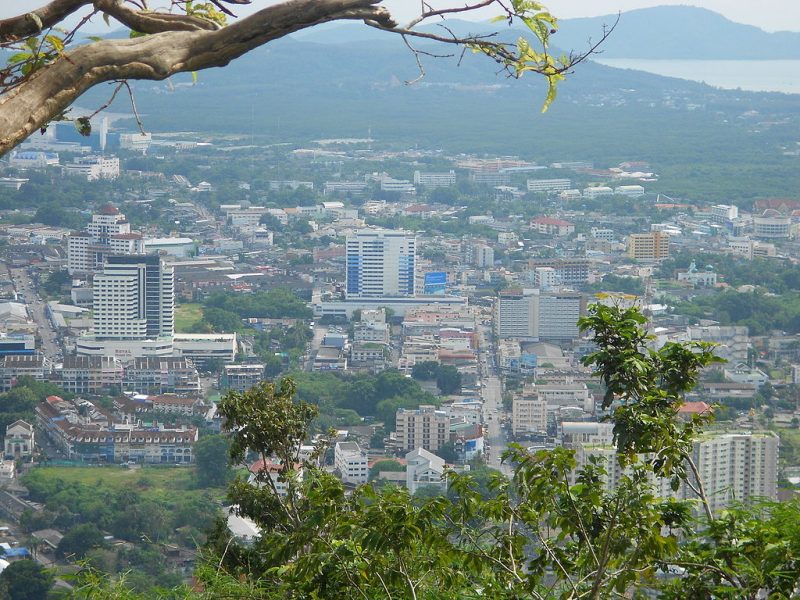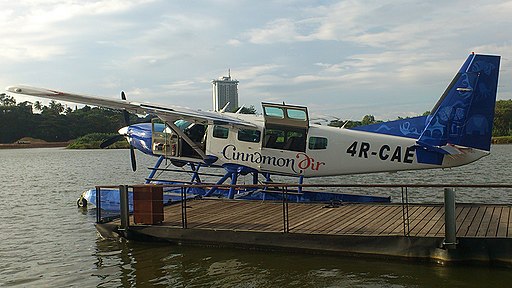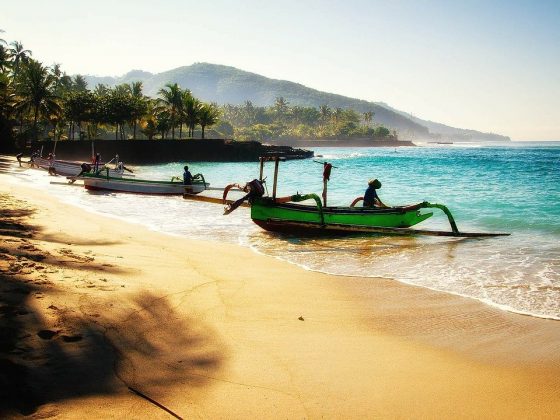The island of Phuket, the largest amongst 32 islands, has a square area that is slightly less than that of Singapore but holds a prominent place in Thailand’s history due to its status as having never being colonized by a European power.
16th to 18th Century:
Over this period of time, Phuket was visited by explorers and missionaries alike due to the island’s strategic placement as a destination port for shipping stock resupply. After much back and forth with the Dutch, English as well as the French, Phuket was able to successfully maintain its’ sovereignty against foreign rule.
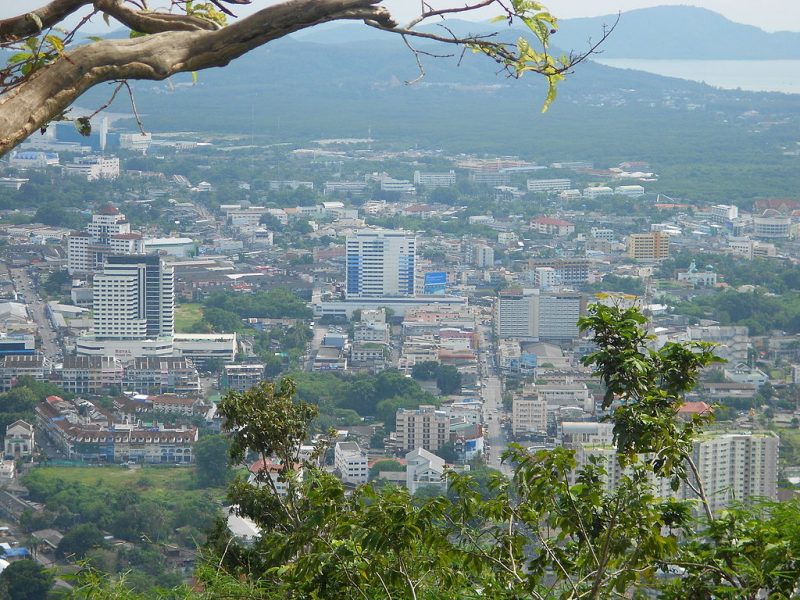
21st Century:
One of the most devasting incidents in the recent history of Phuket occurred on the 26th of December 2004 when the west coast was struck by a tsunami that left 250 people dead and caused major infrastructural damage to roads as well as luxury hotels in Phuket.
Tourism:
Currently, tourism can certainly be counted as a key economy for Phuket with an assortment of new hotels such as the Anantara Layan Phuket Resort, other apartments as well as houses under construction after the 2004 tsunami to supplement those losses.
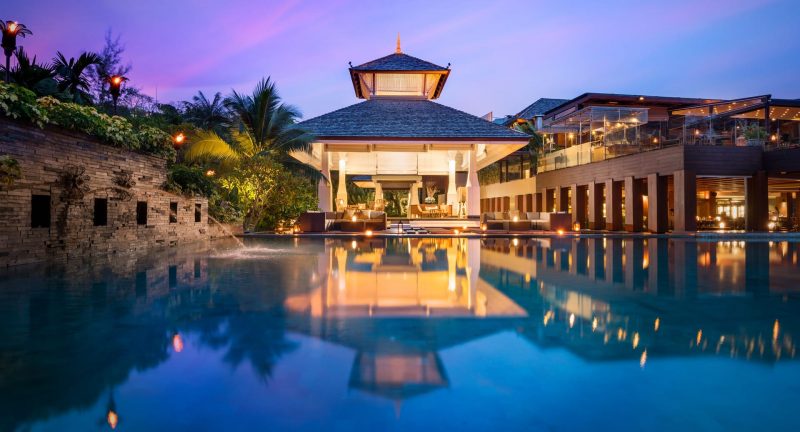
Economy:
Previously, tin mining placed a large role on the money-making potential of the region but the economy of Phuket now depends heavily on the above-mentioned tourism industry. Additionally, the rubber tree plantations in the country help Thailand rank as the biggest producer of rubber in the world.

